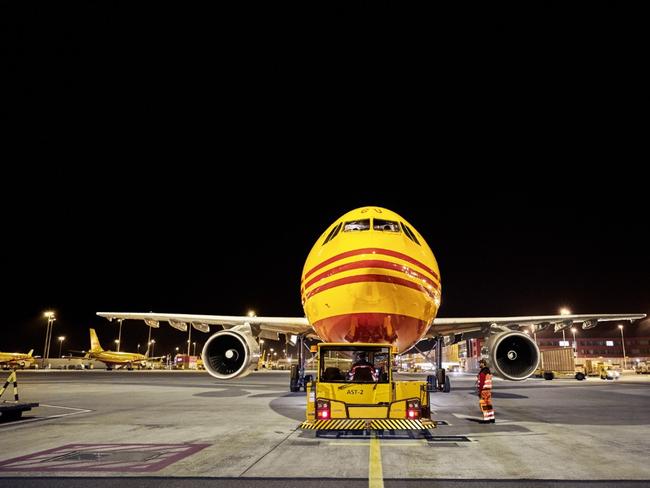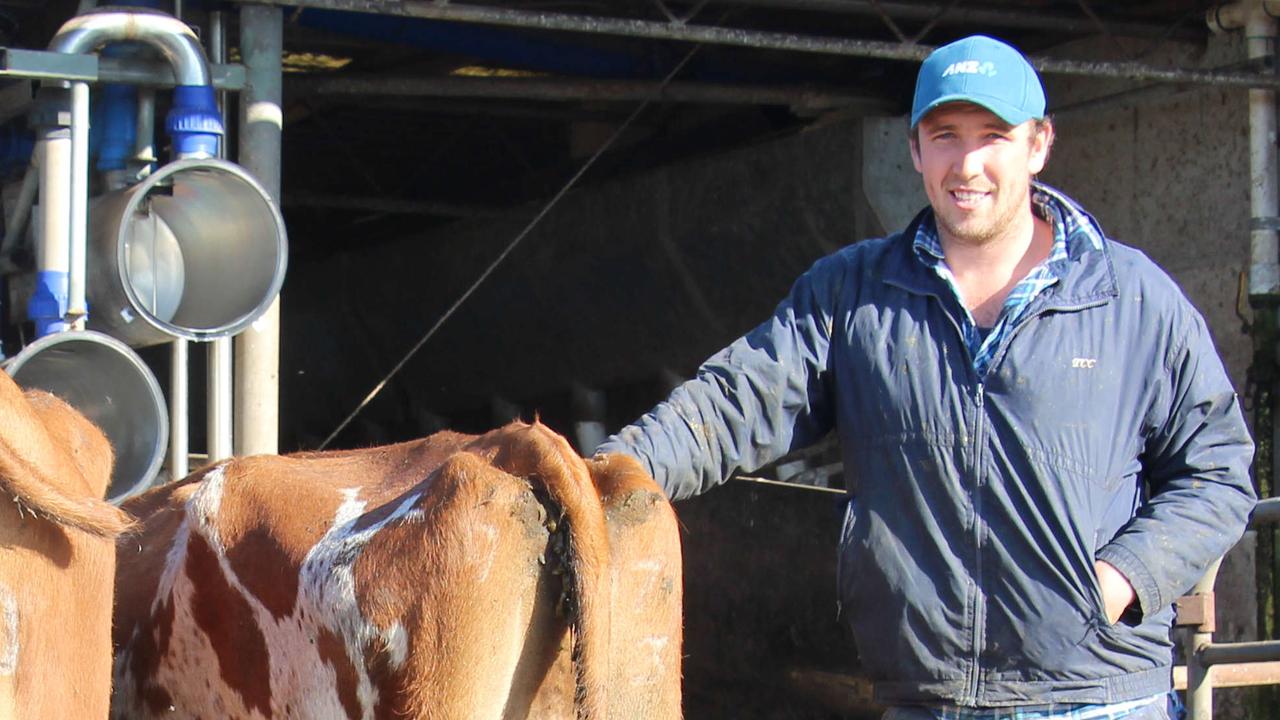COVID-19: Long-term plan to solve skyrocketing airfreight costs needed
Exporters say the Federal Government’s welcome three-month extension of airfreight subsidies won’t solve a longer-term problem.

A LONG-term strategy to keep freight costs affordable will be needed to keep international supply chains open, agricultural exporters warn.
While industry has welcomed the Federal Government’s extension of its airfreight subsidy scheme to September, it fears disruption to freight access due to COVID-19 could continue well into 2022.
“It’s not going away … we’re probably looking at another 18 months of difficulties with airfreight,” Australian Fresh Produce Alliance chief executive Michael Rogers said.
The Government introduced the $669 million International Freight Assistance Mechanism last April, after global travel bans due to the coronavirus pandemic drastically reduced the amount of freight available in the bellies of passenger craft, sending freight prices skyrocketing.
Dedicated airfreight routes to more than 70 locations including China, Japan and Singapore were set up, allowing primary producers to export billions in agricultural goods at subsidised rates.
The program was due to end on June 30, sparking concern from farmers that ongoing travel restrictions meant freight prices were unlikely to drop to pre-COVID levels in the near future.
Alternative transport methods are also struggling, with congestion on global shipping lines leading to a shortage of refrigerated and food quality containers.
But the Government last week announced the IFAM would be extended another three months, to the end of September.
Mr Rogers said the extension was critical. Horticulture has been the biggest user of the IFAM program – with exports of $1.2 billion in fresh fruit and vegetables sent to international markets – followed by seafood, lamb, beef and dairy.
“The fundamental challenge is there is a range of fruit that relies on airfreight more than others, that are difficult to transfer to sea freight,” Mr Rogers said.
“We need to work together to manage expectations for these very time sensitive products.”
Australian Table Grapes Association chief executive Jeff Scott also welcomed the news, and indicated industry would be keeping a close eye on the situation as next table grape season drew closer.
While most grapes are exported by sea, airfreight is vital for the start of the season, he said.
“I would hope the Government review this toward the end of September and if the same circumstances are in place, I would hope they rethink and extend it further until we get back to a non-COVID environment,” Mr Scott said.


